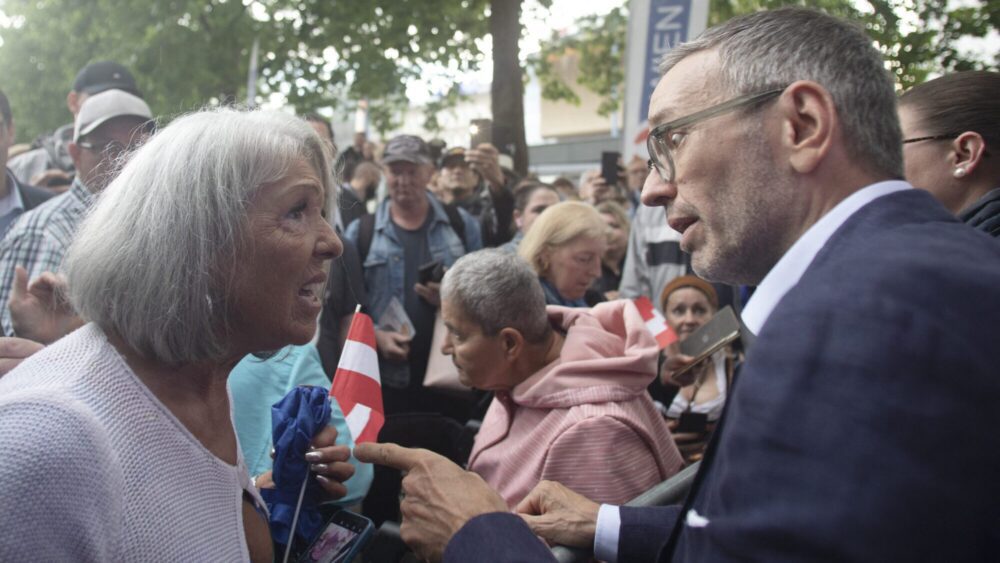
Austria: FPÖ Leader Fights Back Against Accusations of Nazism
It’s time for the mainstream’s favourite scapegoats to defend themselves against smears.

It’s time for the mainstream’s favourite scapegoats to defend themselves against smears.
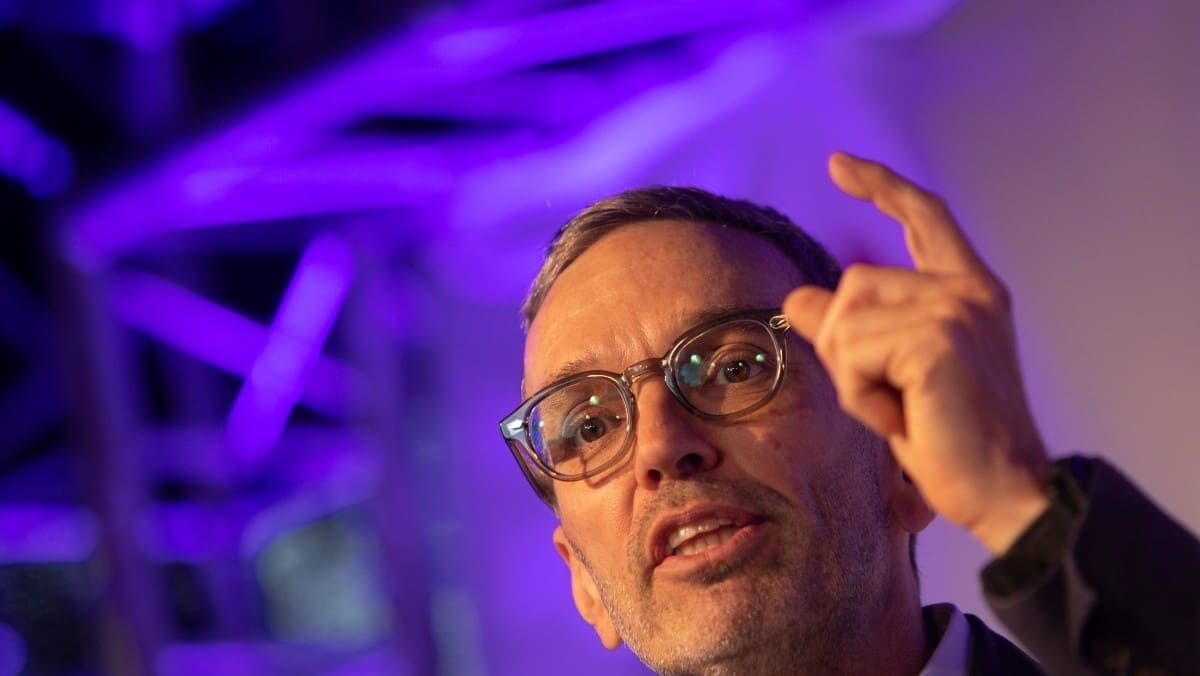
Promises from governing party to clamp down on migration ring hollow with electorate.
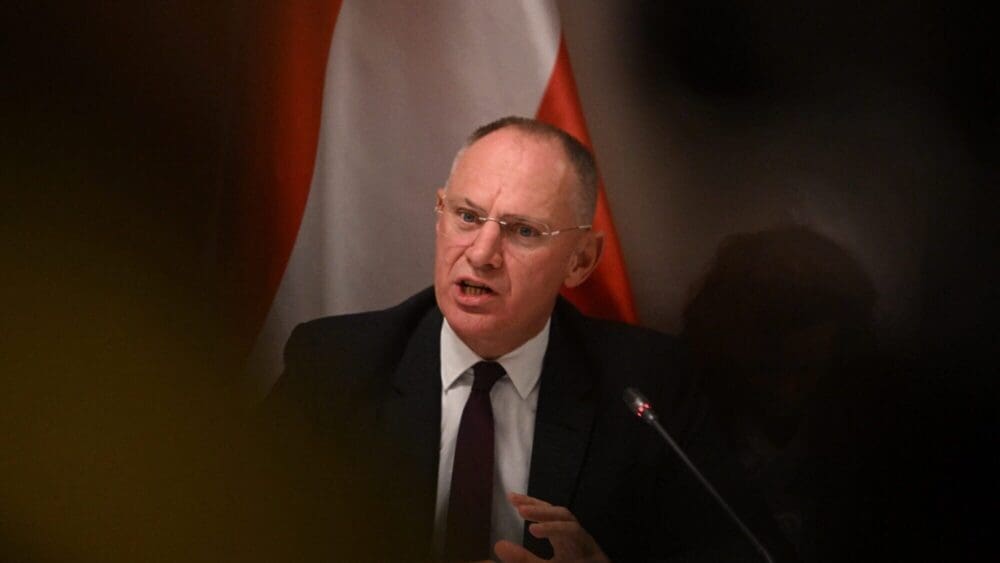
If elected, the right-wing FPÖ plans to suspend asylum applications from September.
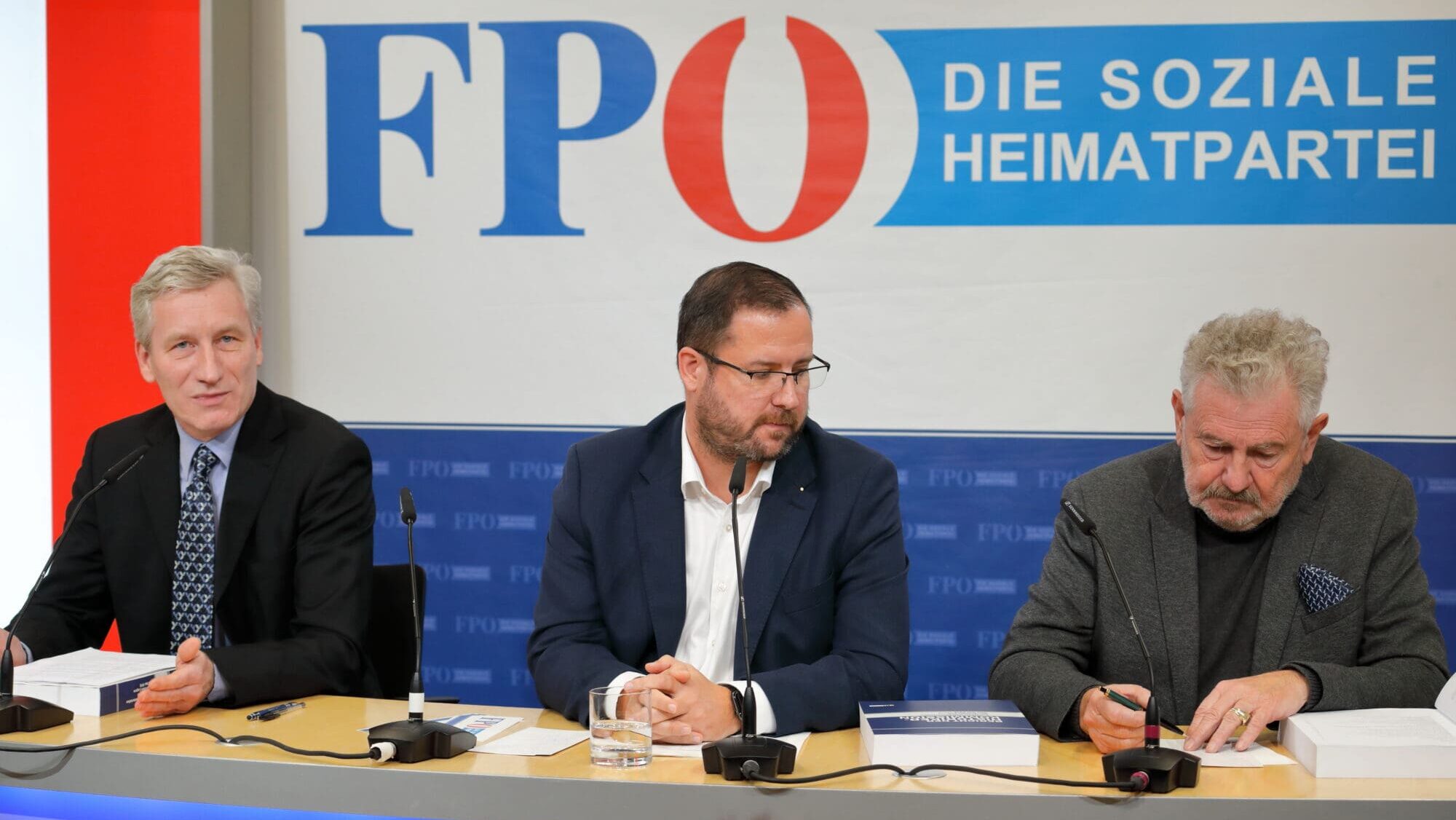
The call comes after the party won 25.4% of the vote in the European elections.
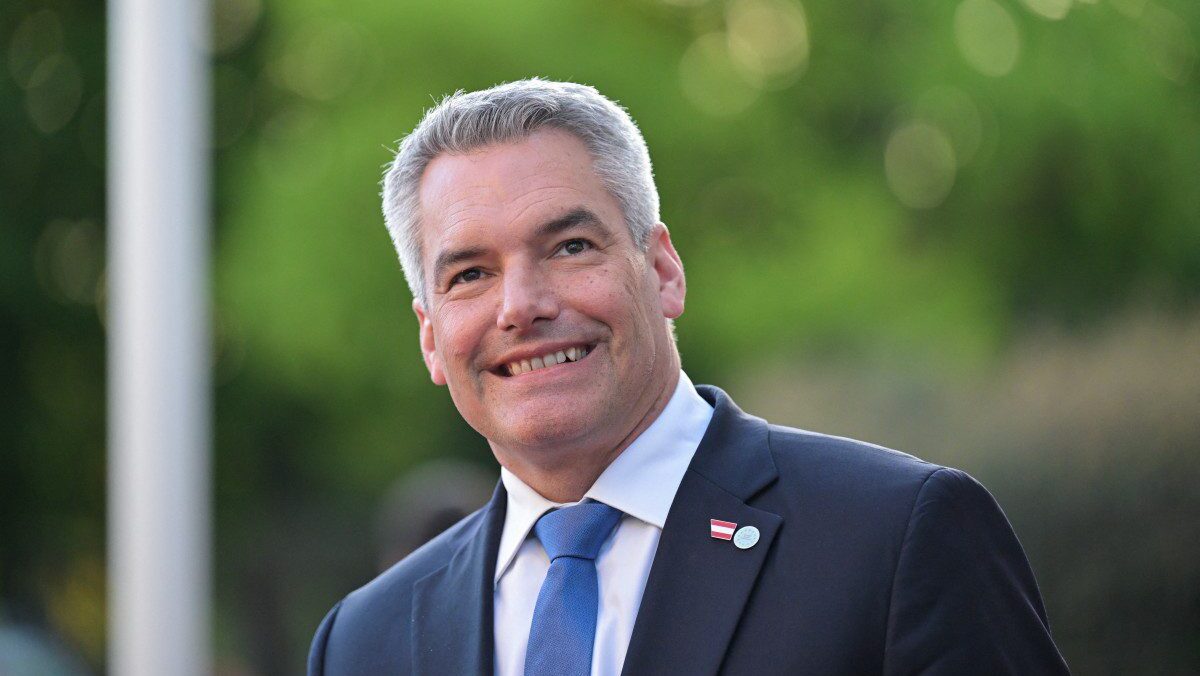
The right-wing Freedom Party, which leads the chancellor’s ÖVP by 9%, wants to ban family reunifications entirely.
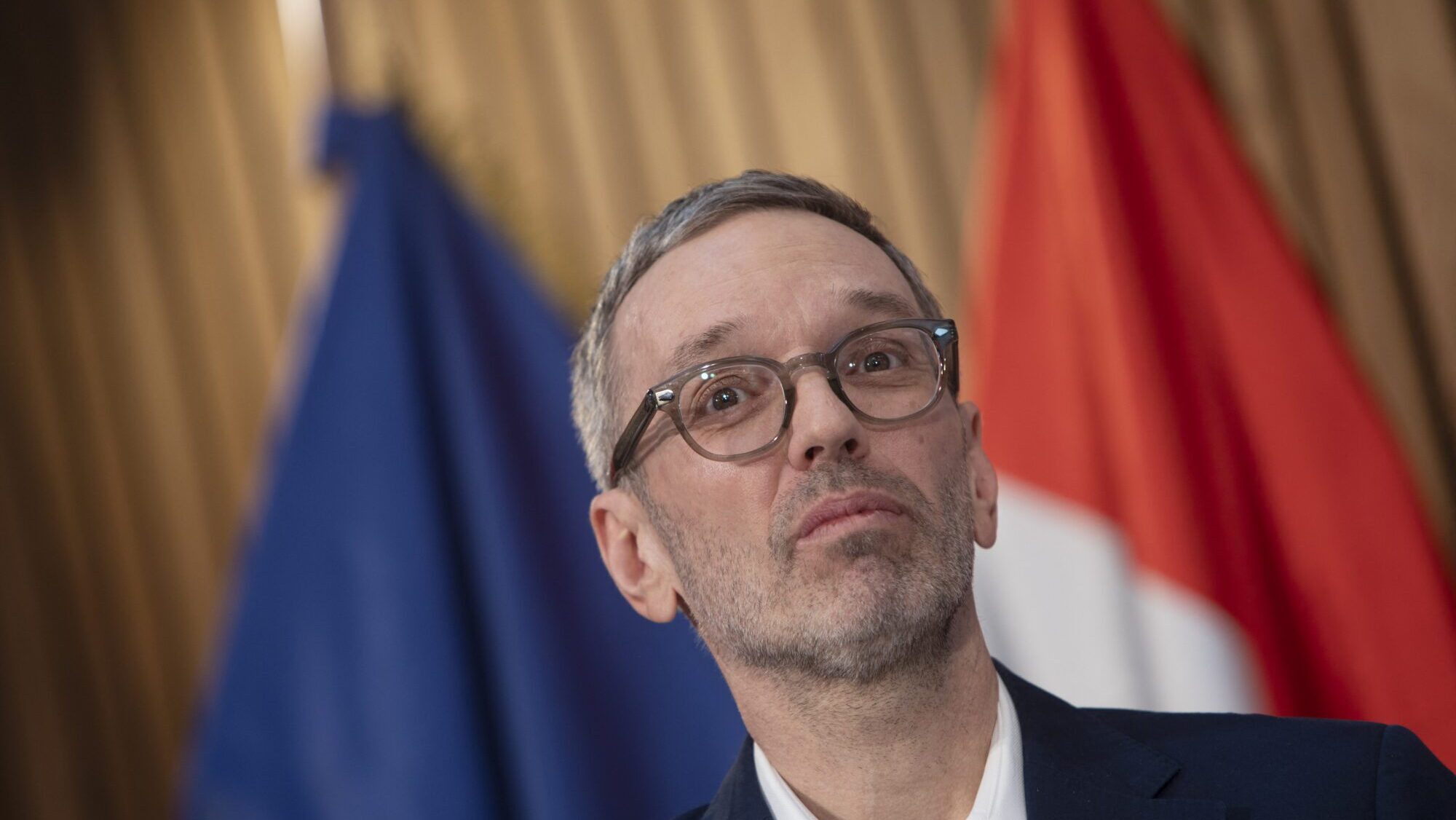
Prosecutors are looking into whether the anti-globalist party misused public funds.
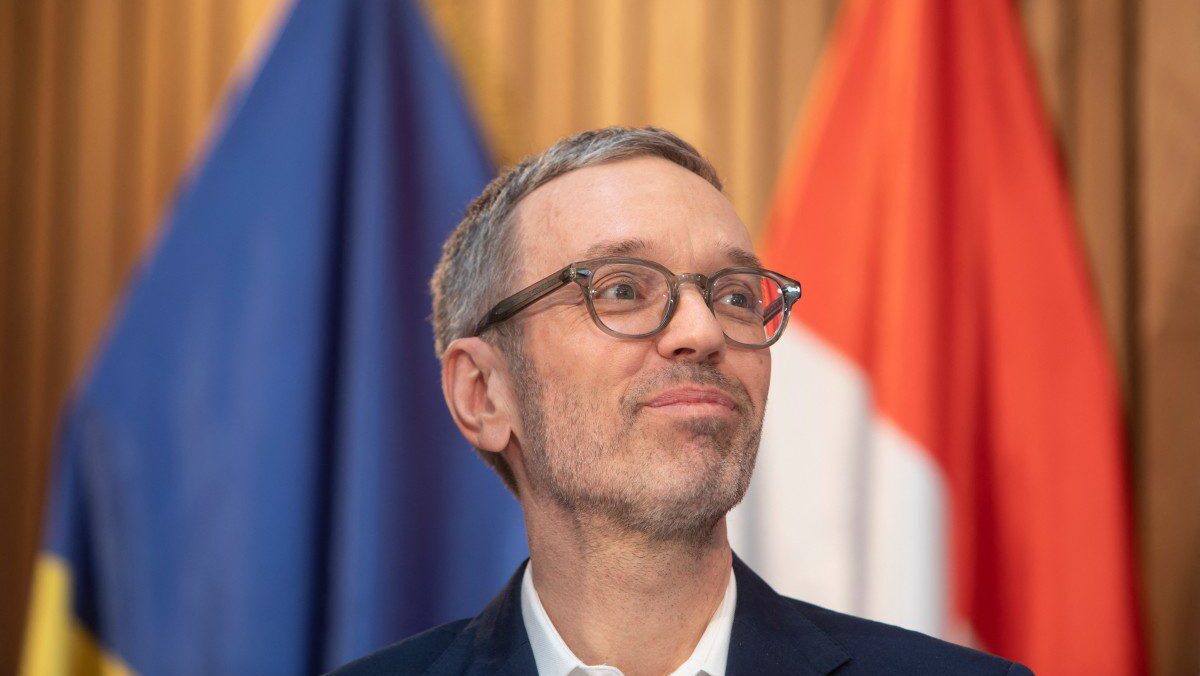
A new ploy aims to shut down democracy, campaigner says.
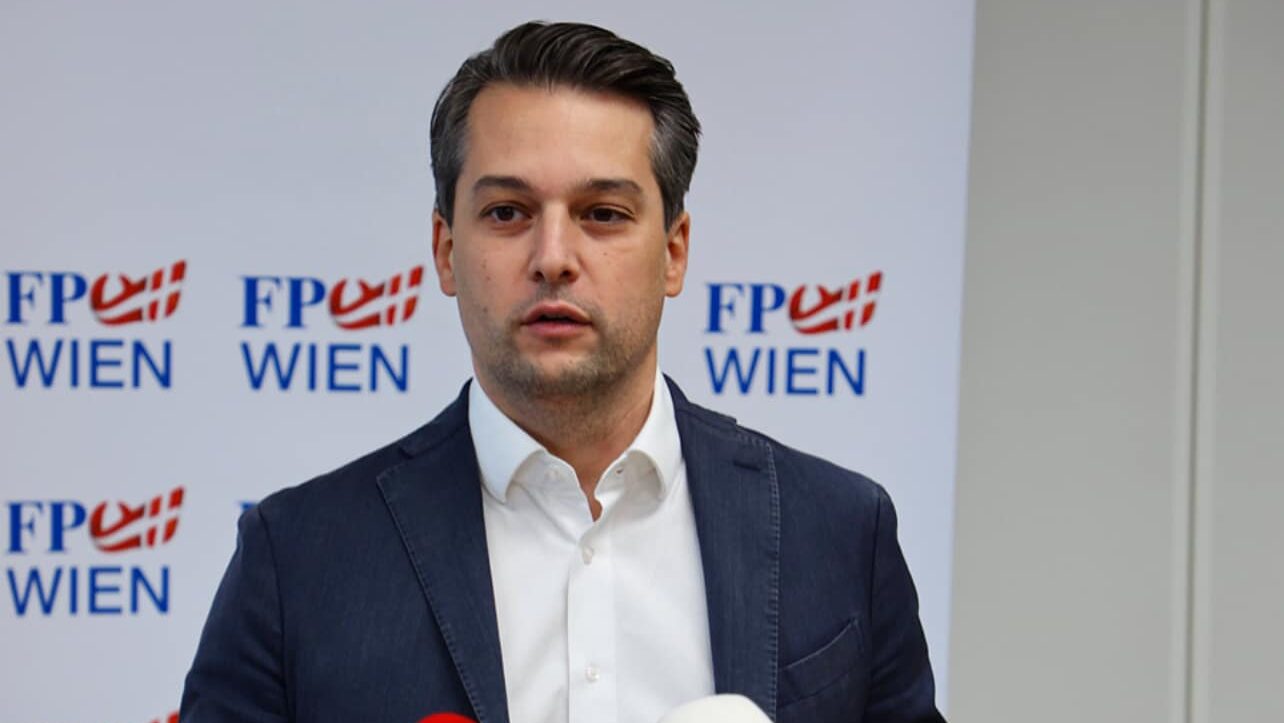
Allowing immigrants to access Austria’s generous social welfare system inhibits the process of integration, a leading FPÖ politician said.
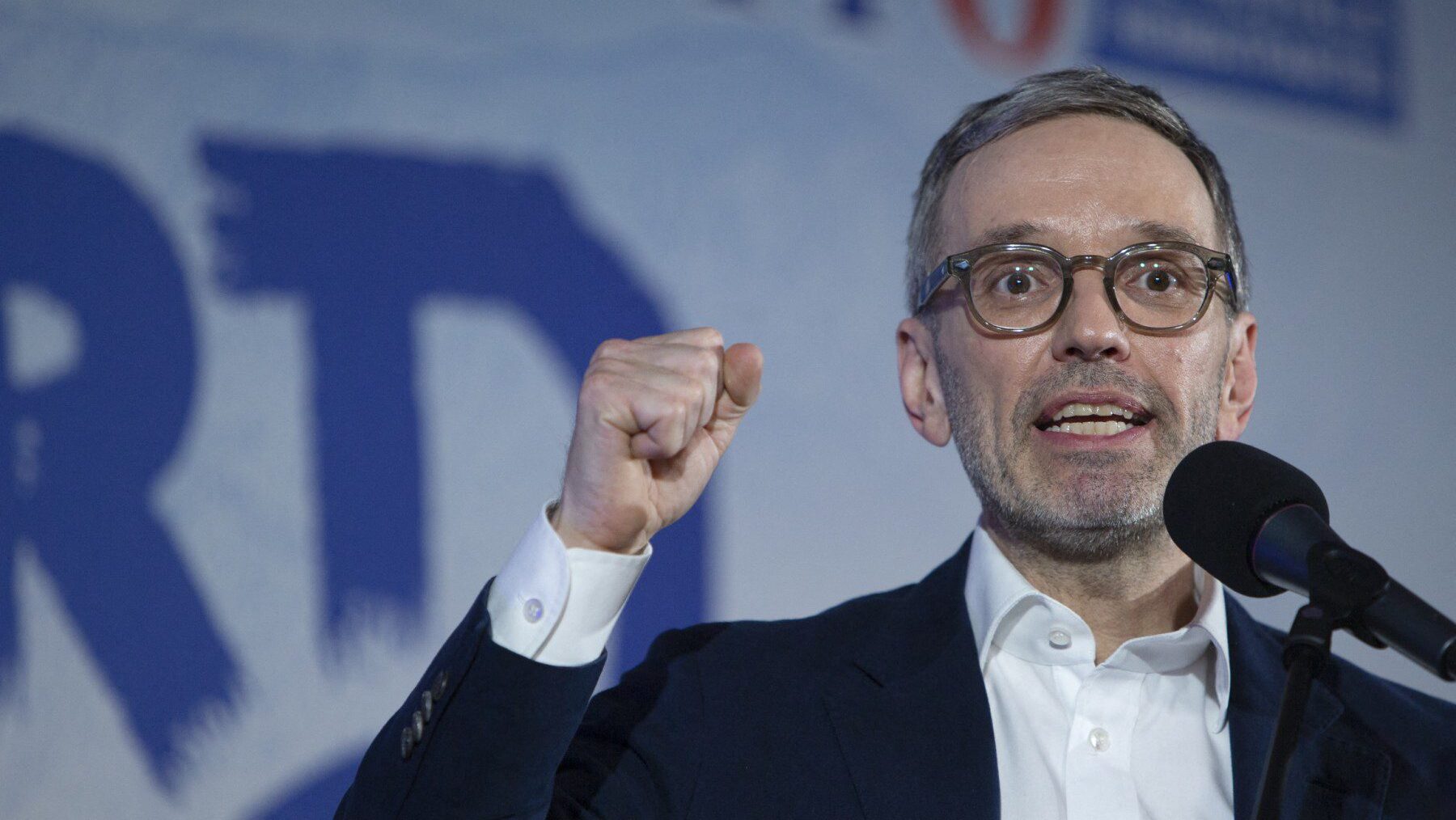
Center-right and center-left parties—FPÖ’s opposition—meanwhile are at each others’ throats throwing around accusations of wrongdoing and antisemitism.

ÖVP takes tough stance on immigration in bid to reclaim FPÖ voters